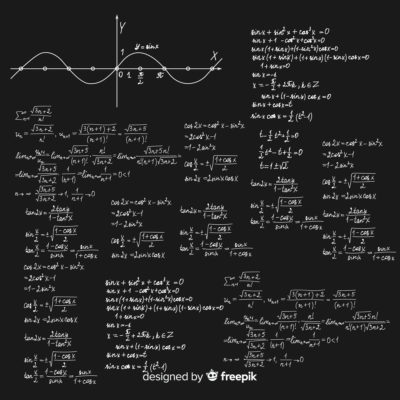If you dream about becoming a professional poker player, but you hated math in high school, we have some bad news for you. Math is as important when it comes to poker, as reading people or learning to bluff. One can spend years perfecting his game and his poker face, but a true player must also have a flair for numbers as well. There are numerous books written on this mathematical poker and studying some of them will surely improve your game. Knowing your math is a prerequisite to start winning in both traditional or online games.
Playing Just For Fun
Spending one pleasant evening with your buddies while playing texas hold’em can be fun, but we bet that you didn’t know one fun fact. Before texas hold’em entered our lives, there was a seven-card stud. This was the most popular poker game to play with your friends and family. Everyone loved it as it was more fun and less strategy orientated. Maybe the reason why the Texan version finally prevailed is that it is more challenging to win a hand than when playing seven-card stud.
There is one more reason perhaps, and that is much easier math that helps one calculate his odds quickly while playing. Knowing your odds by default can make you a lot of money, or at least prevent a player from casually losing it. In poker, mathematics comes in many ways while calculating outs and probabilities in every step of the game. Knowing even just the basics of flop, river, or turn odds will make one a much sharper player.
Playing Just To Win
With so much money in play, online gaming has become immensely popular in recent years. Some said that playing online defuncts the use of strategy, but they are so wrong. Math has never been more important when it comes to online gaming, especially when playing poker. There are hundreds of free calculators one can use for improving his odds, but these little gadgets can’t help if one doesn’t know how to use this info properly. Concepts like pot odds or implied odds should be introduced in your vocabulary if you consider yourself a true card player.
No one can survive today’s online session without understanding these concepts properly. These are just the basics of complicated math behind every card game that involves money. Knowing your mathematics is the best cure against bluffing, and it will help you see right through those who manipulate or bully you into folding. Remember that poker is a war with cards, and your goal is to win and annihilate all opponents without mercy.

Skill Vs Math
Making it online is getting harder as more amateurs are getting to that professional level. They learn fast and evolve their play constantly while searching for worthy opponents and the best casinos on the net. Finding a fast withdrawal online casino can be challenging, but our comprehensive reviews can help you with that. One needs a strong, reliable casino where he can show his skills and make a secure withdrawal of his winnings. Nobody wants all that training and math learning to be wasted, but some soft skills can indirectly affect your game as well.
We are talking about a seat at the table, knowing which cards to fold, and which ones to hold on to. These choices have implications on the probability of your success and can affect one’s win rate. Choosing an aggressive strategy approach or playing slow and cautiously is another thing that influences probability. Choosing the right online casino and weaker opponents shifts odds in one’s favor. Keep all this in mind if you want to stay on top of your game.
Advanced Math Skills
If you were wondering how does Phil Ivey read his opponent’s mind and wins so many tournaments in a row, we can tell you his secret. He is very good at math. Concepts like implied odds, preflop, or post-flop probabilities are so embedded in his mind that he is not even unthinking about it. One needs a ton of practice plus a great passion for this game for reaching this level of skill. Practice makes it perfect so start learning about probability and your money stack will rise steadily.
Another thing one needs mastering is patience. Many would think that patience has nothing to do with math but it actually does. Knowing when to fold or when to strike is essential for all these numbers and probability talk to make sense. Otherwise, your strategy won’t work, no matter how many books on texas hold’em one has read. There are no shortcuts toward greatness, so a pro player should learn the theory but also know how and when to apply it. When one gets to that level when he knows that his opponent knows that he knows what he is thinking, he is on a good way to becoming a master of this game.
Conclusion
Become a player you always wanted to be. Nothing can stop you except your fear, or just not believing in yourself enough. Start with some basics and work your way up while conquering this game. Small daily improvements can make a big difference in poker, so be persistent. Poker makes math seems fun and easy to learn, so start learning, and do not forget to enjoy yourself.



